Few things are more frustrating than running out of hot water in the middle of a shower—or paying for a system that’s far bigger (and more expensive) than your family actually needs.
Choosing the right water heater size is all about balance: you want enough capacity to cover your household’s peak demand without wasting energy, money, or space.
Whether you’re considering a replacement for an aging unit or weighing the pros and cons of gas vs. electric models, understanding how size affects performance is the first step to finding the perfect fit.
This guide will walk you through the key factors to consider so you can make sure your family always has reliable, efficient hot water.
What you will learn:
- The importance of choosing the right water heater size for comfort, efficiency, and cost savings.
- The key factors that determine the best size, from family usage to bathroom count and space.
- How First Hour Rating (FHR) and tank capacity work together to meet demand.
- The pros and cons of different water heaters types.
- How PlumbingWurx helps you calculate, choose, and install the perfect water heater for your family.
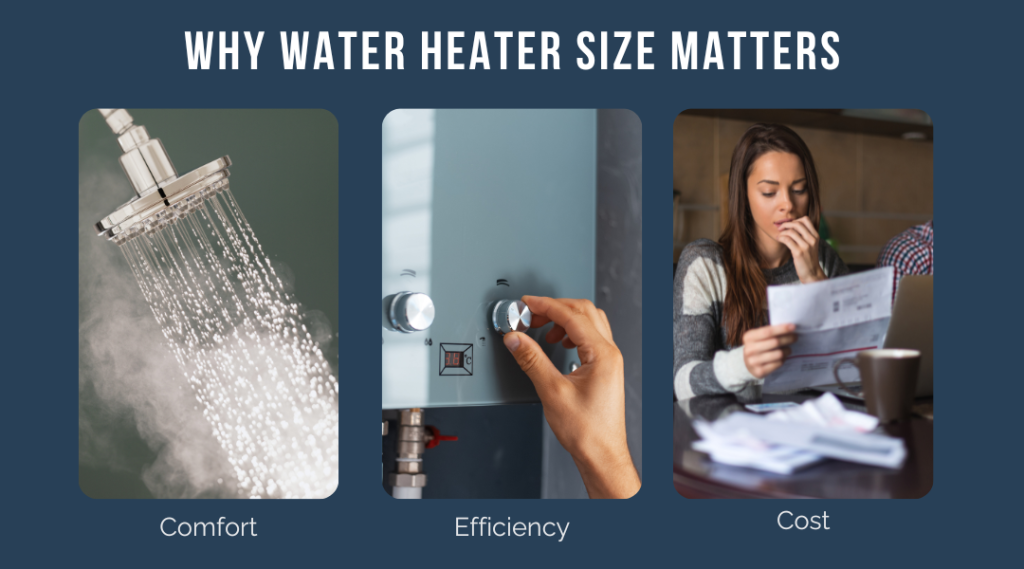
3 Reasons Why Choosing the Right Water Heater Size Matters
1. Comfort
The main purpose of a water heater is to give your family consistent access to hot water when you need it. If your unit is too small, you’ll likely experience cold showers, interrupted dishwashing cycles, or not enough hot water for laundry. A properly sized system ensures that multiple activities—like someone showering while another runs the dishwasher—can happen without a problem.
2. Efficiency
A water heater that’s too large wastes energy by heating more water than your family typically uses, driving up your utility bills unnecessarily. On the other hand, an undersized unit is forced to work harder to keep up with demand, which can shorten its lifespan and reduce overall efficiency. Choosing the right size helps strike a balance, allowing your system to heat just the right amount of water with minimal energy waste.
3. Cost
Your water heater is a long-term investment. A unit that’s too big means higher upfront costs, plus higher monthly bills for energy you don’t actually use. A unit that’s too small may save you money initially, but frequent overuse can lead to premature breakdowns and costly repairs. The right size ensures you’re not overspending today—or in the years to come.
How undersized vs. oversized units impact your home
- Undersized water heaters: Frequent cold water episodes, longer recovery times, constant strain on the system, and a higher risk of early failure.
- Oversized water heaters: Wasted energy from heating unused water, higher purchase and installation costs, and unnecessary space taken up in your home.
The right size is about more than comfort; it’s about efficiency and cost-effectiveness, keeping your home running smoothly without draining your wallet.
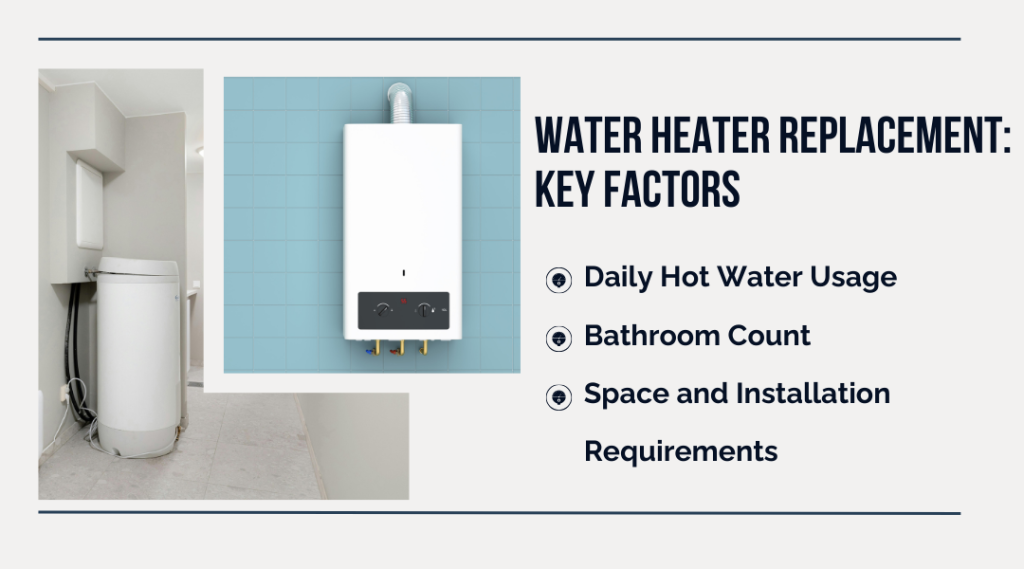
Key Factors to Consider Before Water Heater Replacement
When it’s time to replace your water heater, size isn’t the only thing to think about. The right choice depends on how your household lives day to day—everything from the number of people in your home to where the unit will be installed. Here are the top factors to keep in mind before making a decision.
Family Size and Daily Hot Water Usage
The bigger your household, the more hot water you’ll need. A couple living in a condo will have very different needs than a family of five with teenagers who take long showers. Daily activities like bathing, washing dishes, and doing laundry quickly add up. On average, a single person may use 20–30 gallons of hot water a day, while a family of four could easily double or triple that. Understanding your family’s usage patterns is the first step in sizing your new water heater correctly.
Bathroom Count and Simultaneous Demand
It’s not just about how many people live in your home, but also how many hot-water-using fixtures you have. If you have multiple bathrooms and they’re often used at the same time—say, morning showers while the washing machine runs—you’ll need a unit with a higher capacity or faster recovery rate. Homes with two or more bathrooms typically require a larger tank or a tankless system designed to handle simultaneous demand.
Space and Installation Requirements
Even the most efficient water heater won’t help if it doesn’t fit your space. Traditional tank water heaters take up more room and may need extra clearance for proper ventilation (especially gas models). Tankless units, while compact, may require upgrades to your electrical system or gas line. Before replacing your current system, consider the physical space available, accessibility for maintenance, and whether your home is better suited for gas or electric installation.
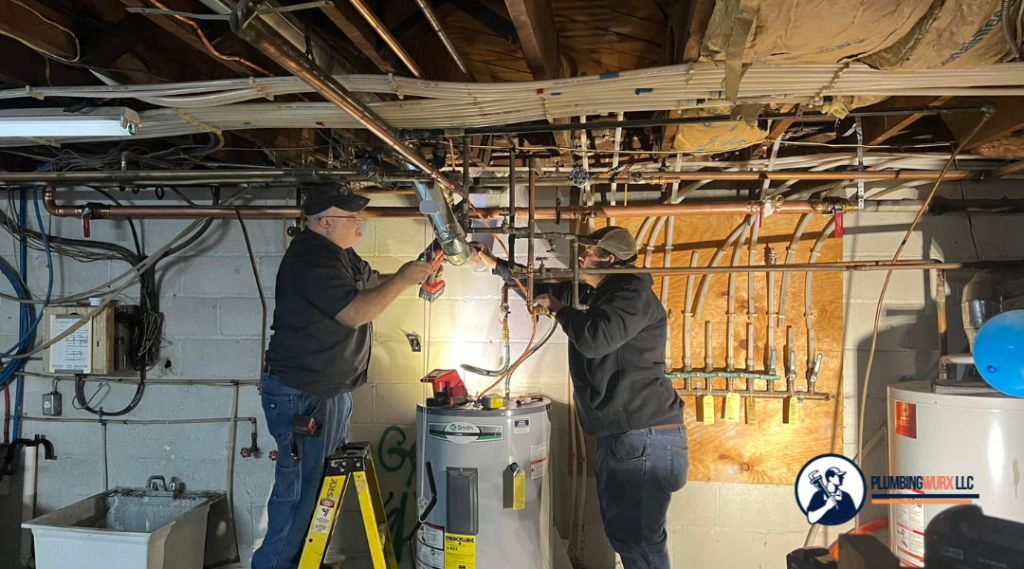
PlumbingWurx’s Calculate the Right Water Heater Size
At PlumbingWurx, we know that choosing the right water heater can feel overwhelming. Our team of licensed professionals takes the guesswork out of the process by carefully evaluating your household’s hot water needs, available space, and energy preferences. From calculating the correct tank size to helping you decide between gas, electric, or tankless systems, we’ll guide you every step of the way to ensure you invest in a system that delivers comfort, efficiency, and long-term value.
Understanding First Hour Rating (FHR) and Tank Capacity
Our experts explain how the First Hour Rating (FHR)—the amount of hot water a unit can deliver in an hour of peak demand—directly relates to your household’s needs. By combining FHR with the right tank capacity, we make sure you’ll never be left with cold water during your busiest times.
Typical Gallon Requirements for Families of Different Sizes
Not sure how many gallons your family really needs? We break it down in easy-to-understand terms. For example:
- 1–2 people: 30–40 gallon tank.
- 3–4 people: 40–50 gallon tank.
- 5+ people: 50–80 gallon tank.
Our team customizes these guidelines to match your lifestyle, so you’re not stuck with a one-size-fits-all solution.
Tank vs. Tankless Water Heaters
PlumbingWurx helps you weigh the pros and cons of each option:
- Tank models provide a steady supply of hot water and are often more budget-friendly upfront.
- Tankless models heat water on demand, saving space and reducing energy waste.
We’ll assess your home and usage patterns to recommend the best option for your family.
Gas vs. Electric Water Heaters
Our technicians also guide you through choosing the right power source:
- Gas water heaters heat water faster and often cost less to operate, but require proper ventilation.
- Electric water heaters are typically easier to install, require less maintenance, and are a good choice for homes without gas lines.
By analyzing your home’s setup and energy costs, PlumbingWurx ensures you get a system that’s both practical and cost-effective.
Make the Best Choice for Your Family’s Needs: Choose PlumbingWurx!
Contact us today at (301) 264-7577 or visit us at 1044 Virginia Ave, Hagerstown, MD 21740.
We’re a family-owned business and pride ourselves on our quality craft and top-notch customer service!


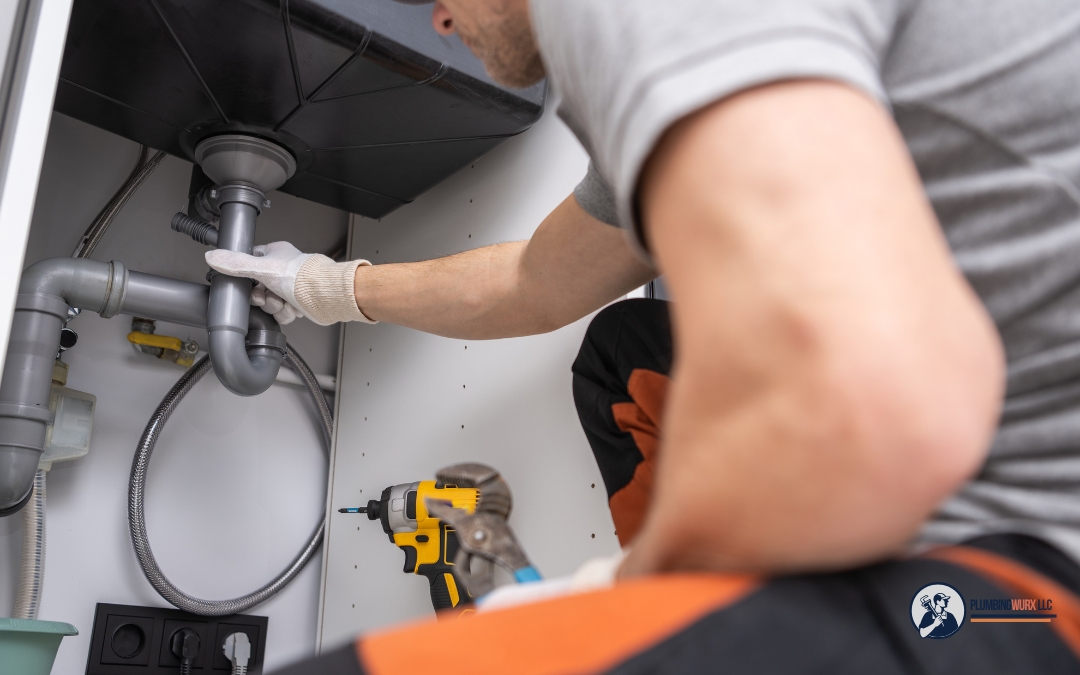

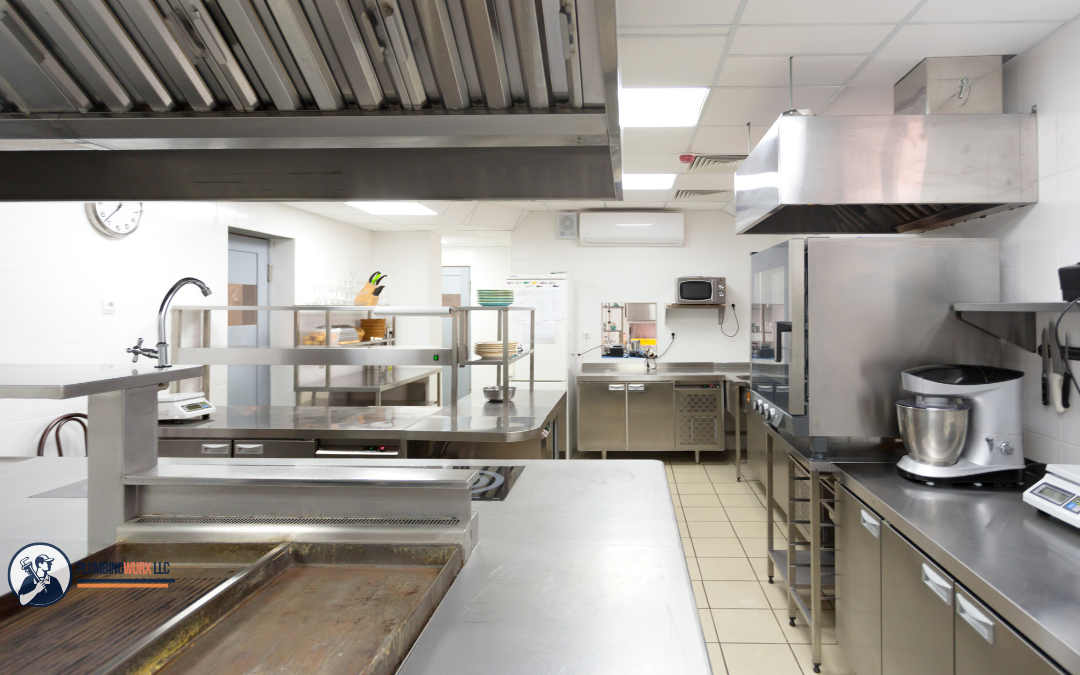
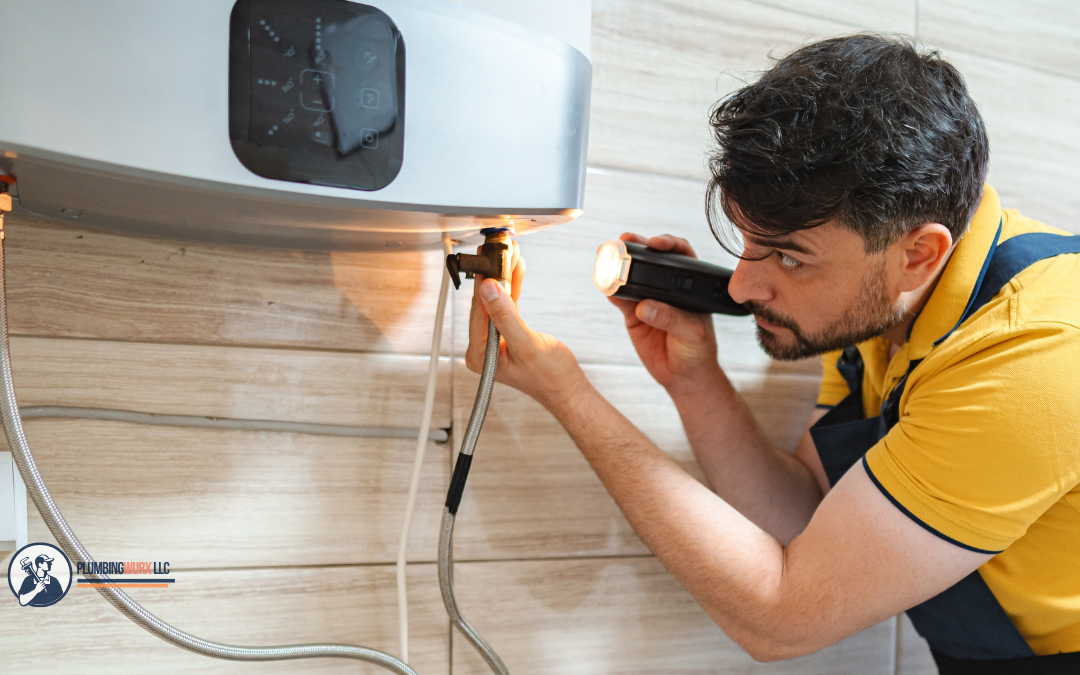
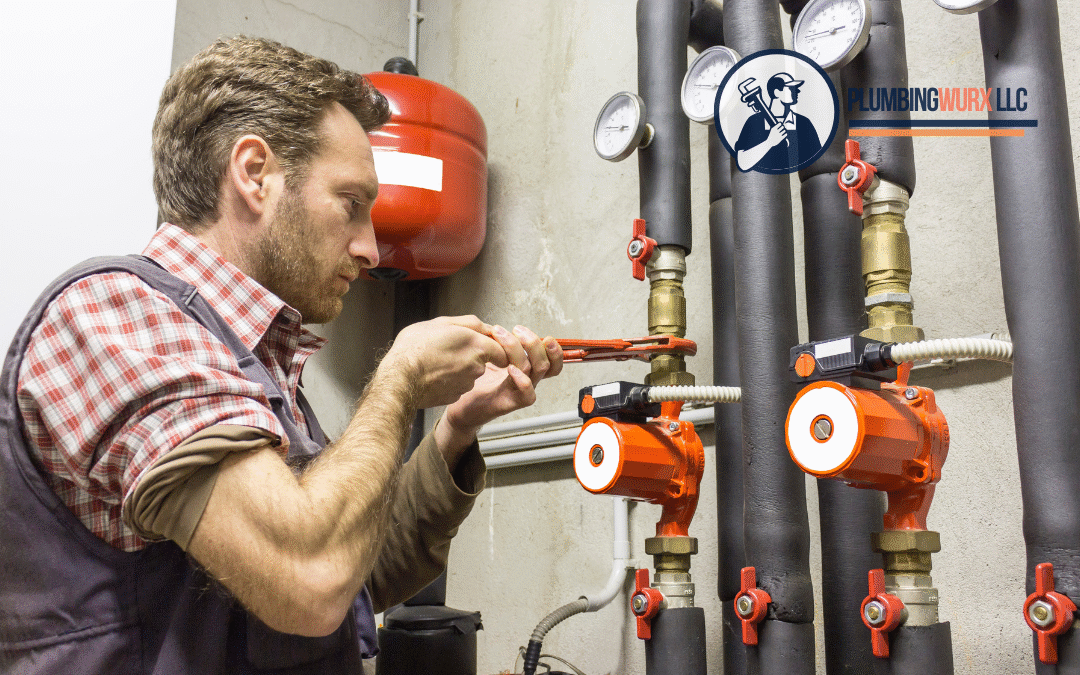
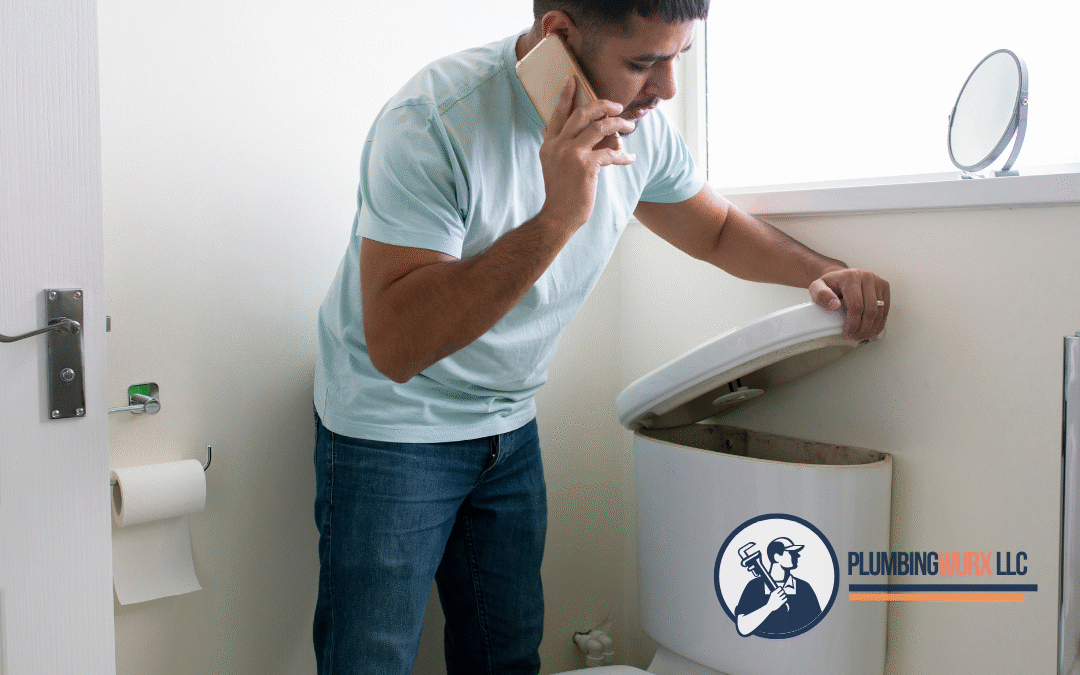




0 Comments